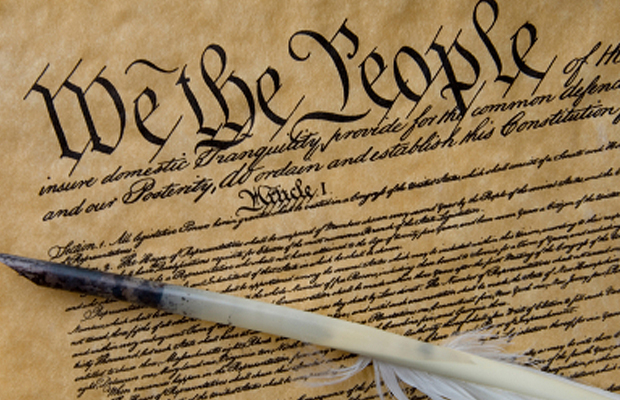Many lawyers and law students say that Constitutional Law was their favorite course. Upper level students in the St. Francis School of Law Juris Doctor program will get a chance to find out as they begin their study of Constitutional Law. Professor David Graubert will teach the course, which will cover important constitutional law concepts, including many that are receiving ongoing national media and extensive public discourse as the United States Supreme Court addresses important issues that impact all of us in our everyday lives. Prof. Graubert, who holds his JD degree from Stanford University, has taught Constitutional Law previously, as well as a class on the First Amendment. A former teacher, he has a true passion for teaching and for the Constitution.

At St. Francis, all upper level courses also include instruction in practical, professional lawyering skills. This gives students the opportunity to learn skills that they will use as practicing lawyers. For the constitutional law class, students not only read the law, but also draft client letters, prepare legal analysis memoranda, prepare for client interviews, prepare direct and cross-examinations, prepare for depositions, evaluate a case for purposes of settlement, draft a statement for the media, and prepare a witness for testimony before a legislative committee, among other practical, real-world lawyering tasks. All of the professional skills exercises incorporated into the course reinforce students’ understanding of constitutional law concepts students are learning. More importantly, these activities bring the legal doctrine alive at a practical level by engaging students in authentic lawyering work.
Students will learn about the divergent attitudes of our Supreme Court justices regarding constitutional interpretation, including textual and historical approaches, providing context for their understanding of this area of the law. Among other hot topics, students will address the relative power of the U. S. Supreme Court and that of the States. This is very much in the news of the moment in reference to decisions related to marriage. Students will follow as the United States Supreme Court is scheduled to address the important question of whether the Fourteenth Amendment requires a state to license same-sex marriages.
In another case that examines the scope of states’ rights, students will study the Supreme Court decision in National Federation of Independent Business v. Sebelius, in which the court upheld the individual mandate of the Affordable Care Act. This term, our students will be watching for the opinion in King v. Burwell in which the Court will again address the language of the Act. Oral arguments revealed a divided court. The justices may now address what happens when a state does not set up its own exchange.
The St. Francis class meets via state-of-the-art WebEx technology, allowing face-to-face, voice-to-voice interactive classes with live streaming video of students and their professor. Via this platform, in addition to recent decisions, St. Francis students will discuss many of the historic, landmark decisions of the United States Supreme Court, including cases involving the right to privacy, such as Roe v. Wade. Students will also address many real-world Constitutional Law dilemmas, such as the parameters of freedom of religion, in the asynchronous discussion board environment. In the end, St. Francis students may join the ranks of lawyers nationwide who refer to Constitutional Law as their favorite course.
